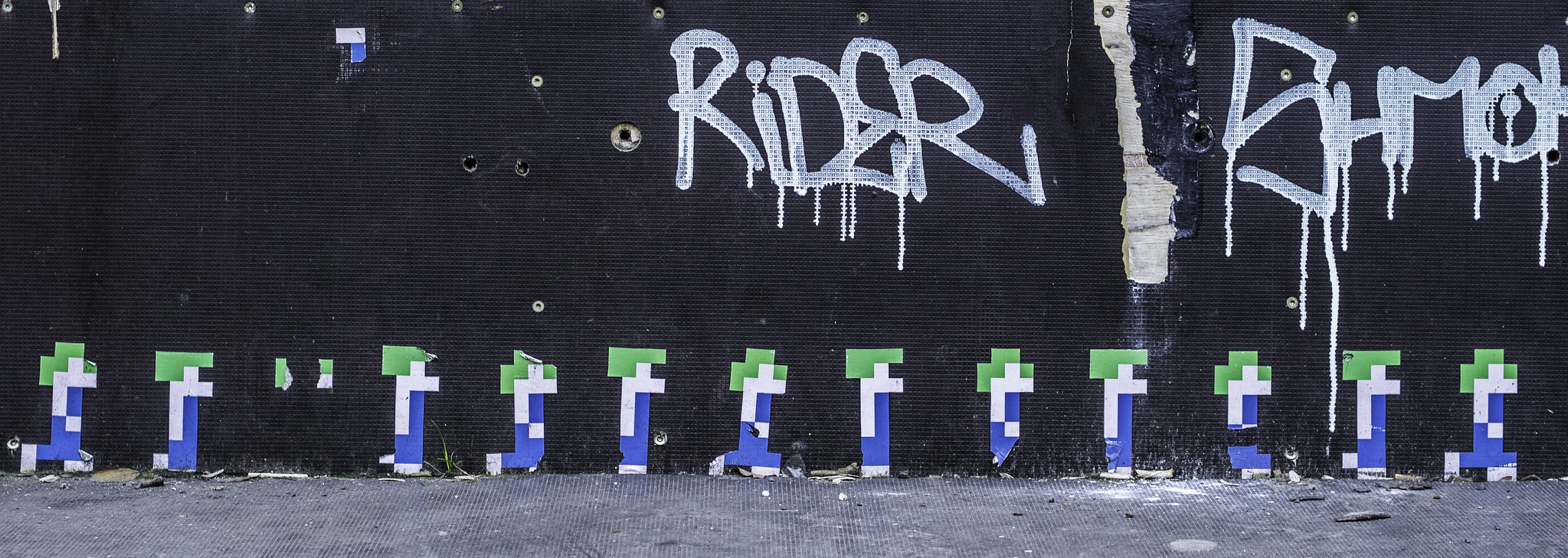On the incentives behind returning to the CBD

"Lemmings" by Sascha Kohlmann is licensed under CC BY-SA 2.0.
Recently, there's been a lot of focus in the news on people returning to the office in the Melbourne CBD. For example, from Melbourne CEOs push Andrews on office return:
NAB chief executive Ross McEwan, Newcrest Mining CEO Sandeep Biswas and several top bosses are urging employees to return to the office as soon as safely possible, as business groups ramp up pressure under a Melbourne plan for a 20 per cent return, or one day a week per worker.
Many of us working in large CBD-based companies are experiencing this urging, right now, as our employers roll out plans to 'encourage' or 'support' workers in a part-time return to the CBD.
My personal position on hybrid working is nuanced. I'm an 'extroverted introvert' according to my psychologist; I value working with people in meatspace, despite knowing that often there's no efficiency benefit to doing so. I also recognize that it's quite possible to perform many roles well entirely remotely, and some not at all.
An approach that several of the delivery teams I've worked with have chosen - when given the option! - is to meet up in the office on a sprint / iteration / release cadence, but otherwise to work remotely. With sensible remote-first practices in the office to avoid accidentally excluding anyone, this seems to work pretty well.
But these concerns are unrelated to the actual incentive behind the push for 2 - 3 days in CBD offices: many small businesses based in the CBD are dying since the growth in remote work. The messaging is consistent from CEOs ...
This is exactly what we need to support the small businesses that serve our CBD and allows employers like NAB to plan with certainty as we rebound from the pandemic. - Ross McEwan
... through to City Councillors ...
The City of Melbourne is stepping up its commitment to have staff return safely to the office as a critical step to support city businesses. ... "I'm encouraging all other city employers to consider the benefits for their teams of bringing workers back to the city office and the huge impact for bringing Melbourne back." - Jason Chang
Credit to them for being transparent, but let's be really clear about this: people whose roles can be performed mostly or fully remotely are being pressured to return to the CBD on a regular basis, in order to subsidize businesses who rely on their money.
This comes with a great personal cost to workers. Looking at my own rough numbers, if I'm coming in to the city 3 days per week for 48 weeks, I will be spending more than $16,500 on after school care, 288 hours (!) commuting, plus car and train costs for park and ride. That's an immense cost, both in terms of dollars, but most importantly precious time! Time I could be spending with my family, relaxing, or learning new skills.
Personally, I plan to embrace hybrid working because it works for me. Not three days per week, I imagine, but certainly more than zero :) But that's my choice, and I respect the choice of those whose roles don't require physical presence in the office, and who would prefer to work mostly or entirely remotely.
The thing is, the expectation that people will be in the office (especially remote city offices) 9 to 5, Monday to Friday, is no longer correct for many roles. That will have a huge impact upon CBD businesses - not just those at the retail and service coalface, but also on property owners. Taking just one example, I imagine that the true market value of retail real estate in the CBD has plummeted in the past few years.
But demanding that individuals sacrifice their time, money, and happiness in an attempt to unwind the clock won't work. In addition to being unfair, it will cause huge retention problems for companies competing for talent, and will only worsen the inevitable market adjustment.
Businesses that try to sacrifice the well-being of their staff to subsidize their customers will find that in the long term, they'll lose both.
Originally posted on LinkedIn in 2022.